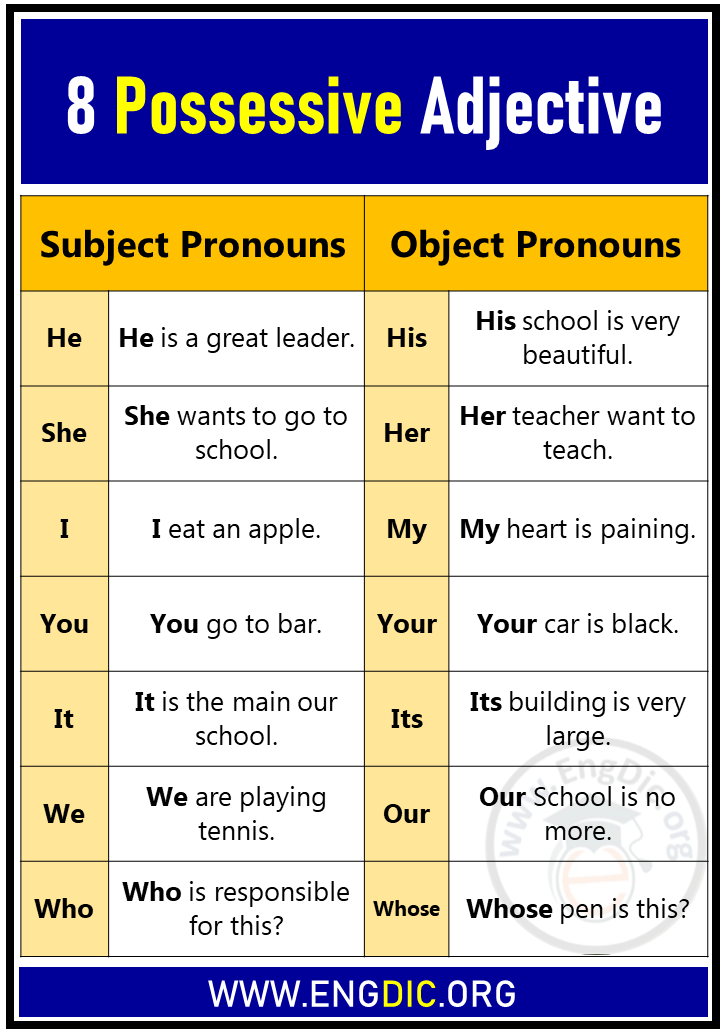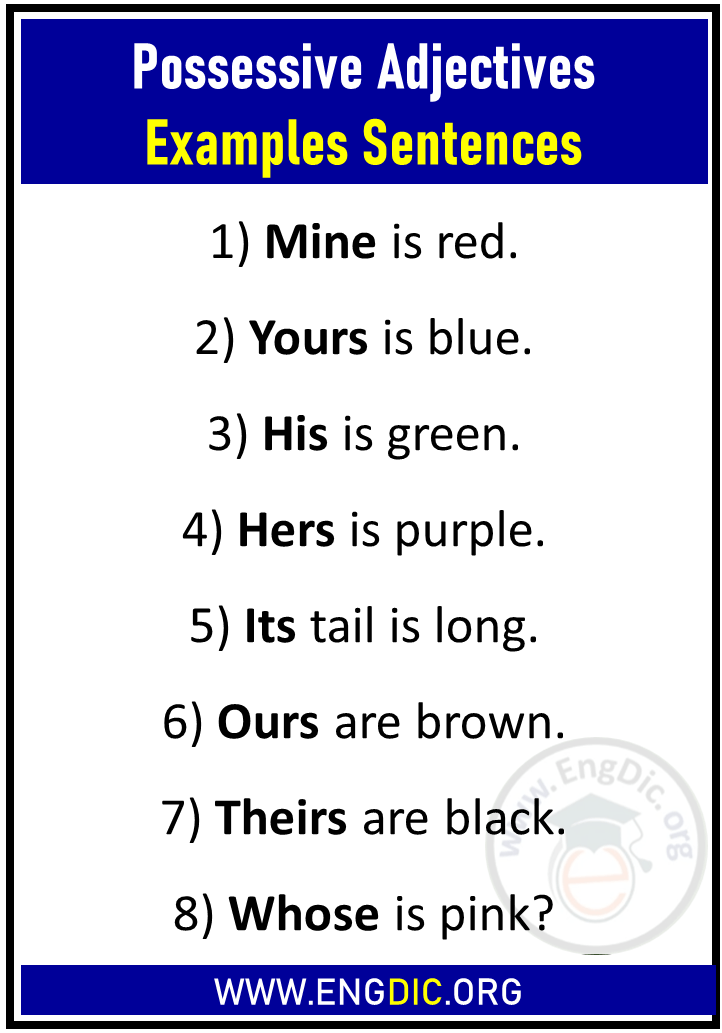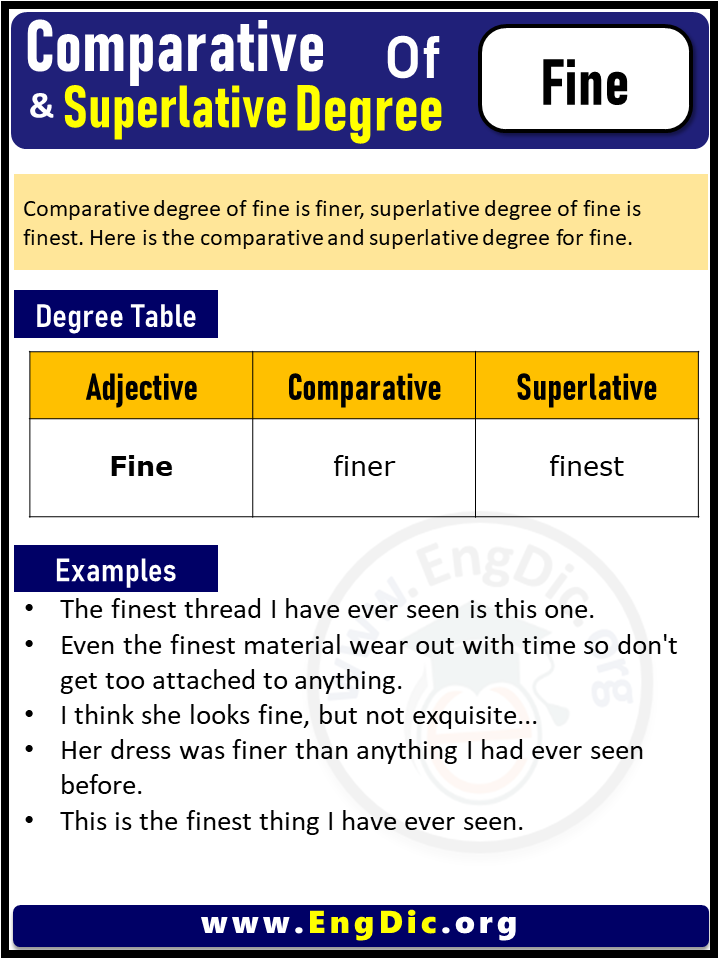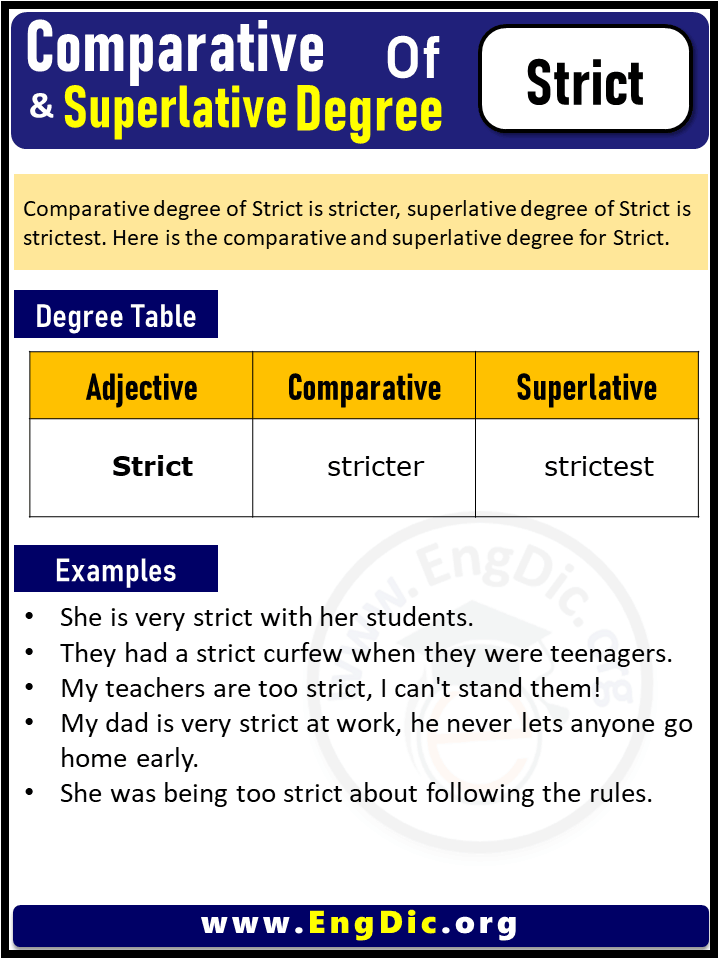ESL students often have difficulty grasping the concept of possessive adjectives. This blog post will define possessive adjectives and provide examples to help ESL students understand this important grammar topic.
With a clear understanding of possessive adjectives, ESL students will be able to improve their writing skills and communicate more effectively in English.
What are Possessive Adjectives?
Possessive adjectives are a type of adjective that indicates ownership or possession of a noun. They are used to describe the relationship between a person, animal, thing, or idea and something that belongs to them or is associated with them.
There are eight possessive adjectives in English: my, your, his, her, its, our, their, and whose. Each one has a specific role in a sentence.
Here are the eight possessive adjectives in English:
1. My – indicates something belongs to the speaker.
Example: “I lost my phone yesterday.”
2. Your – indicates something belongs to the person being spoken to.
Example: “Can I borrow your pen, please?”
3. His – indicates something belongs to a male.
Example: “John forgot his umbrella at home.”
4. Her – indicates something belongs to a female.
Example: “Mary left her keys on the table.”
5. Its – indicates something belongs to a thing or animal.
Example: “The cat licked its paws clean.”
6. Our – indicates something belongs to the speaker and one or more other people.
Example: “Let’s put our bags in the trunk.”
7. Their – indicates something belongs to more than one person.
Example: “The children played with their toys in the park.”
8. Whose – used to ask about the owner of something.
Example: “Whose turn is it to cook dinner tonight?”

What are Possessive Pronouns?
Possessive pronouns are a type of pronoun that is used to indicate possession or ownership of something. They replace a noun and show who or what something belongs to. They are often used to avoid repeating a noun that has already been mentioned.
The possessive pronouns in English are:
- Mine
- Yours
- His
- Hers
- Its
- Ours
- Theirs
- Whose
Here are some examples of possessive pronouns in sentences:
- That book is mine. (Instead of “That book is my book.”)
- Is this car yours? (Instead of “Is this car your car?”)
- The hat is hers. (Instead of “The hat is her hat.”)
- The bird lost its feather. (Instead of “The bird lost its feather.”)
- The house is ours. (Instead of “The house is our house.”)
- The bikes are theirs. (Instead of “The bikes are their bikes.”)
- Whose laptop is this? (Instead of “Whose laptop is this one?”)
In short, possessive pronouns replace nouns and indicate possession or ownership.
Difference Between Possessive Pronouns and Possessive Adjectives
| Differences | Examples | |
|---|---|---|
| Possessive Adjectives | 1. Modify nouns to indicate possession or ownership | This is my book. |
| 2. Always followed by a noun | Her bike is red. | |
| 3. Can be used in combination with other adjectives before the noun | Our old car needs repairs. | |
| 4. Does not require an antecedent (the noun or pronoun being replaced) | Your cat is adorable. | |
| Possessive Pronouns | 1. Replace nouns to show possession or ownership | This book is mine. |
| 2. Stand alone without a noun | The blue bicycle is hers. | |
| 3. Cannot be used with other adjectives; the possessive pronoun itself replaces the noun and any adjectives that modify it | The smaller cake is ours, not theirs. (Cannot say: The smaller delicious cake is ours, not their delicious.) | |
| 4. Requires an antecedent (the noun or pronoun being replaced) | I like your painting, but I think I prefer his. (The antecedent for “his” is “painting.”) |
Read: 100 Examples of Possessive Pronouns
Possessive Adjectives Table
| Subject Pronouns | Possessive Adjectives | ||
| He | He is a great leader. | His | His school is very beautiful. |
| She | She wants to go to school. | Her | Her teacher wants to teach. |
| I | I eat an apple. | My | My heart is paining. |
| You | You go to the bar. | Your | Your car is black. |
| It | It is the main school. | Its | Its building is very large. |
| We | We are playing tennis. | Our | Our School is no more. |
| Who | Who is responsible for this? | Whose | Whose pen is this? |
| They | They have some food. | Their | Their food is tasty. |
Possessive Adjectives Examples Sentences
- My dog loves to play fetch.
- She always forgets her keys at home.
- The kitten played with its favorite toy.
- We brought our swimsuits to the beach.
- Tom and Jerry took their bikes to the park.
- Do you know where your phone is?
- His car is parked outside the store.
- She showed me her favorite painting in the gallery.
- Their children are playing in the backyard.
- My best friend is moving to a new city.
- Please return your library books on time.
- Our vacation plans were postponed due to bad weather.
- His decision to start a business proved to be successful.
- The neighbors complained about their loud music.
- Can you send me your recipe for lasagna?
- My family is going on a road trip next week.
- The team celebrated their victory at a local restaurant.
- Our favorite ice cream shop is closed for renovations.
- She received a promotion due to her hard work.
- The students need to submit their assignments by Friday.
Read More: 50 Examples of Possessive Adjectives
Possessive Adjectives Exercise With Answers
Here’s an exercise on possessive adjectives with answers:
Instructions: Choose the correct possessive adjective to complete each sentence.
1. That is _____ book. (my / mine)
Answer: my
2. Is this _____ pen? (your / yours)
Answer: your
3. This is _____ cat. (his / her)
Answer: her
4. Those are not _____ keys. (our / ours)
Answer: our
5. Is that _____ phone? (their / theirs)
Answer: their
6. I need to take _____ car to the mechanic. (your / yours)
Answer: your
7. That is not _____ backpack. (his / hers)
Answer: hers
8. These are _____ shoes. (my / mine)
Answer: mine
9. That is _____ house. (our / ours)
Answer: our
10. Is this _____ jacket? (her / hers)
Answer: hers
Frequently Asked Questions
What are the 7 possessive adjectives?
The 7 possessive adjectives are: my, your, his, her, its, our, and their.
What is the rule of possessive adjectives?
Possessive adjectives are used to show ownership or possession of a noun. They come before the noun they modify and agree with the noun in number and gender. For example, “my book” (singular) and “our books” (plural).
How do you teach possessive adjectives?
One way to teach possessive adjectives is to provide plenty of examples and practice exercises. Start with the basic possessive adjectives, such as “my” and “your,” and gradually introduce the others. Use visual aids, such as pictures or objects, to help students understand the concept of ownership.
Encourage students to create their own sentences using possessive adjectives, and provide feedback on their use.







